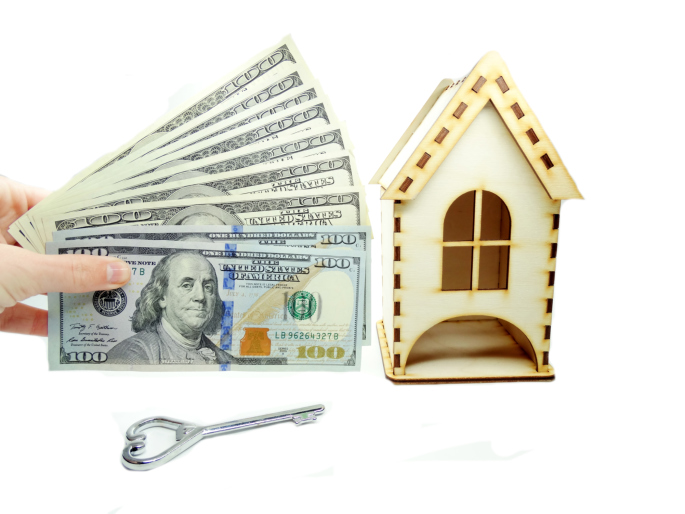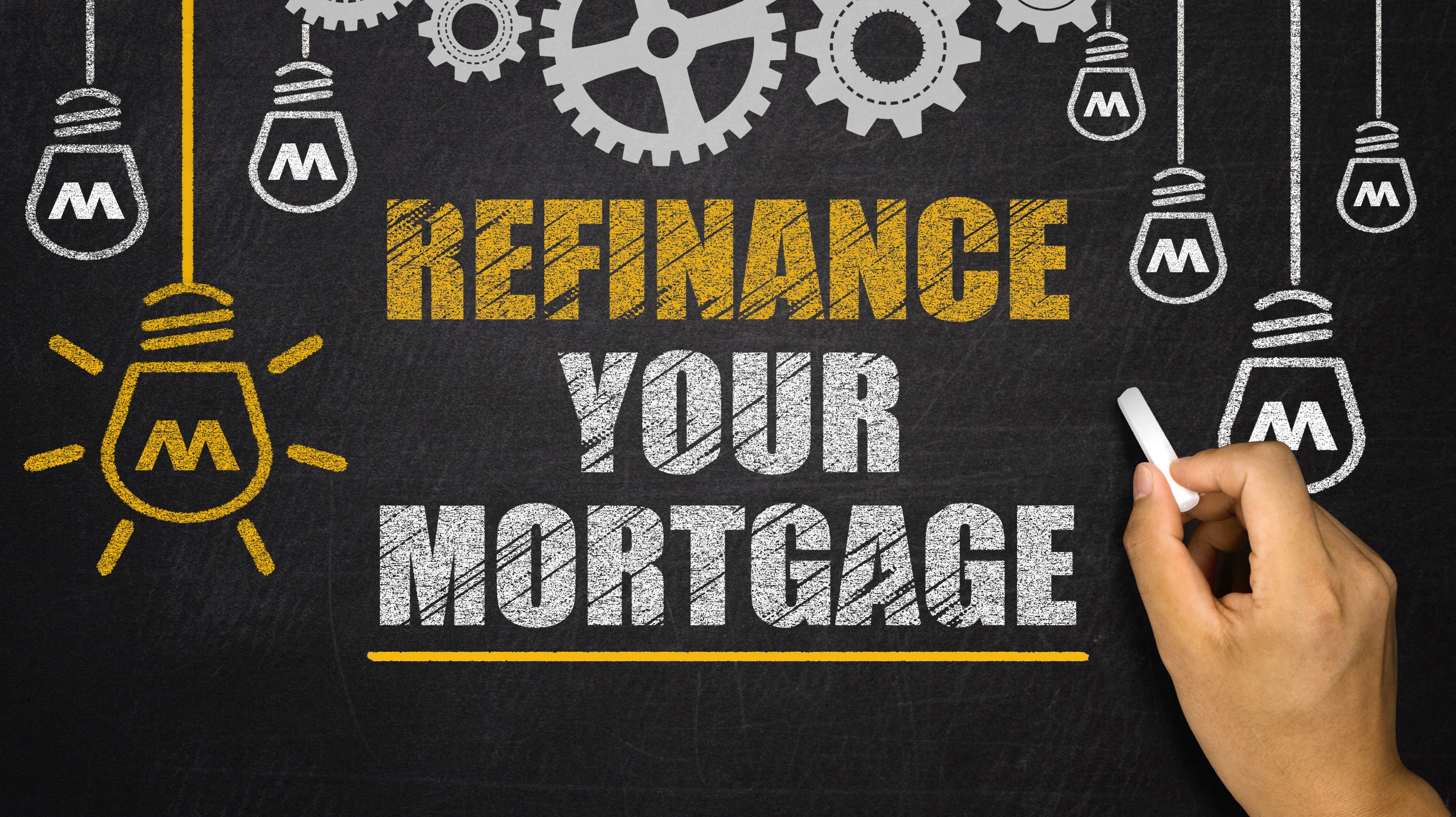What’s Ahead For Mortgage Rates This Week – November 2, 2020
 Last week’s economic reporting included home price data from Case-Shiller Home Price Indices along with readings on pending home sales, new home sales, and consumer sentiment. Weekly reports on mortgage rates and jobless claims were also released.
Last week’s economic reporting included home price data from Case-Shiller Home Price Indices along with readings on pending home sales, new home sales, and consumer sentiment. Weekly reports on mortgage rates and jobless claims were also released.
Case-Shiller: August Home Prices Rise at Fastest Pace in Two Years
Home prices rose at a seasonally-adjusted annual pace of 5.70 percent in August according to Case-Shiller’s National Home Price Index. U.S. home prices rose by 4.80 percent in July
The Case-Shiller 20-City Home Price Index showed 5.20 percent year-over-year home price growth in August.
Phoenix, Arizona, held first place in home price growth for the 15th consecutive month. Seattle, Washington followed with 8.50 percent year-over-year growth in home prices. San Diego, California reported 7.60 percent year-over-year growth in home prices.
New and Pending Home Sales Fall in September
New homes sold at a pace of 959,000 sales on a seasonally adjusted annual basis in September. Analysts expected a sales pace of 1.033 million sales based on August’s pace of 994,000 sales. Sales fell with the end of the peak home-buying season and may have also slowed due to rising COVID-19 cases. Demand for homes has been high as buyers’ shifting priorities were expected to cause more families to relocate to less congested suburbs. Pending home sales fell by 2.20 percent in September according to the National Association of Realtors®. Signed sales contracts were 20.50 percent higher year over year.
Mortgage Rates, Jobless Claims Fall
Freddie Mac reported little change in average mortgage rates last week. Rates for 30-year fixed-rate mortgages rose by one basis point to 2.81 percent. Rates for 15-year fixed-rate mortgages averaged 2.32 percent and were one basis point higher than for the prior week. Mortgage rates for 5/1 adjustable rate mortgages also rose by one basis point on average. Discount points averaged 0.70 percent for 30-year fixed-rate mortgages, 0.60 percent for 15-year fixed-rate mortgages, and 0.30 percent for 5/1 adjustable rate mortgages.
Initial jobless claims fell last week to 751,000 new claims filed. Analysts expected 770,000 new claims filed based on the prior week’s reading of 791,000 new claims filed. Ongoing jobless claims also fell last week with 7.76 million ongoing claims filed as compared to the prior week’s reading of 8.47 million continuing jobless claims filed.
The University of Michigan’s Consumer Sentiment Index rose to an index reading of 81.8 in October as compared to September’s reading of 80.4 and an expected index reading of 81.2.
What’s Ahead
This week’s scheduled economic reports include a statement and press conference by the Fed’s Federal Open Market Committee. Construction spending data and labor sector readings on public and private sector jobs and the national unemployment rate will also be released along with weekly readings on mortgage rates and jobless claims.
 When people are looking for a home, this is an exciting process. There is always something fun about looking at potential homes and envisioning a future there. This is a big decision. At the same time, it is just as important for people to think about how much of their money they should be spending on their mortgage. There are a few rules of thumb that people should keep in mind.
When people are looking for a home, this is an exciting process. There is always something fun about looking at potential homes and envisioning a future there. This is a big decision. At the same time, it is just as important for people to think about how much of their money they should be spending on their mortgage. There are a few rules of thumb that people should keep in mind.  There are lots of people who have heard that one of the top ways to ensure the best mortgage rate possible is to refinance. At the same time, it is critical to make sure that this process is planned out accordingly.
There are lots of people who have heard that one of the top ways to ensure the best mortgage rate possible is to refinance. At the same time, it is critical to make sure that this process is planned out accordingly.